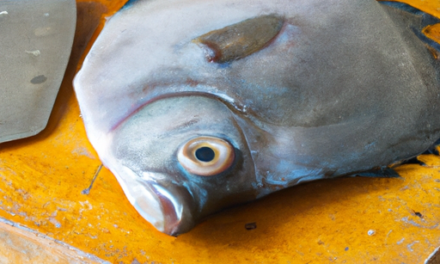och andra som följer växtbaserade kostvanor.
Environmental Sustainability
Pea protein is not only beneficial for human health, but it is also more environmentally sustainable than animal-based protein sources. The production of pea protein requires significantly less water, land, and resources compared to animal agriculture. Additionally, it produces fewer greenhouse gas emissions and contributes to soil health through nitrogen fixation.
By incorporating pea protein into your diet, you can make a positive impact on both your health and the environment.
How to Incorporate Pea Protein into Your Diet
There are numerous ways to incorporate pea protein into your diet. It is available in various forms such as powders, supplements, and in foods like plant-based protein bars and shakes. You can use pea protein powder in smoothies, oatmeal, baked goods, or mix it with water or plant-based milk for a quick and convenient protein boost. It can also be added to savory dishes like soups, stews, and stir-fries.
When choosing a pea protein product, opt for those that are minimally processed and free from additives, artificial flavors, and sweeteners. Look for organic and non-GMO options for the highest quality.
Conclusion
Pea protein is a versatile and nutritious plant-based protein source that offers numerous health benefits. Whether you follow a vegetarian or vegan diet or simply want to incorporate more plant-based proteins into your meals, pea protein is a fantastic option. Not only does it provide essential nutrients, but it also supports muscle growth, aids in weight management, promotes digestive health, and has a positive impact on the environment. Consider adding pea protein to your diet and enjoy its many benefits.




